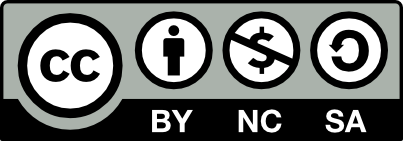Challenges to implementation of IMNCI strategy in First Level Care Facilities.
Main Article Content
Abstract
Objective: To assess IMNCI implementation strategy and identify challenges towards effective implementation in first level care facilities of district Jamshoro.
Methodology: This mixed method research was carried out from Jan 2020 to March 2020 at Rural Health Centers (RHC) in District Jamshoro using semi-structured, pre-tested, written questionnaires after taking due approval and written informed consent from respondents. The respondents (representing different cadres of healthcare providers i.e., medical officers (male & female), lady health workers (LHWs), vaccinators, pharmacists and 13 administrative staff. The data obtained (pertaining to perception and views regarding IMNCI implementation and availability of relevant logistics for service provision) was analyzed using SPSS version 22.0 for windows.
Results: The mean age of the sample stood at 42 (SD ± 4) years with a majority comprising of male, dispensing/nursing staff with a mean work experience of 13.2 years (SD ± 1.1) Pneumonia was deemed the commonest childhood problem by most respondents, followed by malaria and others uniformly across all catchments. The understanding regarding IMNCI was common (despite the absence of formal training) yet often, the strategies were not implemented while caring for children.
Conclusion: Effective implementation is a seldom sight with many challenges, including but not limited to shortage of human resource and a rather limited supply of medicines. Thus, efforts must be dedicated at ensuring an ample human resource and a consistent supply of necessary medication.
Keywords: IMNCI, Childhood Illness, Neonatal Illness, Integrated Management, Primary care facility.
Downloads
Article Details

This work is licensed under a Creative Commons Attribution-NonCommercial-NoDerivatives 4.0 International License.
Journal of Muhammad Medical College (J Muhammad Med Coll) belief that all researches are basically conducted for the benefit of humanity. Research is the product of an investment by society and consequently its fruits should be returned in a transparent fashion to all humankind without any discrimination.
Journal of Muhammad Medical College is an open access journal which means that all content is freely available without charge to users or / institution. When used non-commercially all users are allowed to read, download, copy, distribute, print, search, or link to full text articles in this journal without asking prior permission from the publisher or author as long as original author(s) are acknowledged.
Journal of Muhammad Medical College operate under Creative Common License CC-BY-SA that allow reproduction of articles free of charge, for non-commercial use only and with the appropriate citation information. All authors publishing with Journal of Muhammad Medical College accept these as the terms of publication.

This work is licensed under a Creative Commons Attribution-NonCommercial-ShareAlike 4.0 International License